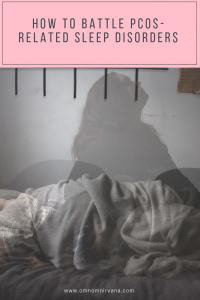For women with PCOS, sleep can be a very crucial issue, amongst many. There are proper studies that confirm that PCOS and sleep disorders are in fact, related. I spoke to
Have you realised by any chance that your mood is affected if you don’t get those hours of sleeping in? Or that you feel more on edge perhaps? It may be because your insulin and glucose levels are out of whack due to insufficient rest. I know we as PCOS sufferers tend to be Type A and overtly anxious, so not getting sleep in is feeding this lifestyle disease.
“Women with PCOS tend to be overweight/obese, however, sleep problems also occur in women with PCOS of normal weight. The pathophysiology of PCOS involves hyperandrogenemia, a form of insulin resistance unique to affected women, and possible changes in cortisol and melatonin secretion, arguably reflecting altered hypothalamic–pituitary–adrenal function. Psychological and behavioural pathways are also likely to play a role; anxiety and depression are also common among women with PCOS. Both PCOS and sleep disturbances are associated with deterioration in cardiometabolic health in the longer term and increased risk of type 2 diabetes.” explains Dr. Keya.
Symptoms of Polycystic Ovarian Syndrome (PCOS) and sleep disorders
Here are some of the common issues found amongst PCOS patients with sleep issues:
Sleep Apnea
Ever get the feeling while you’re asleep and you suddenly wake up because you feel like you haven’t been breathing? Yep, that’s what it is. It causes major disruptions in sleeping patterns, thereby ruining your well-deserved 6-8 hours. You may also notice chronic snoring.
In the form of medical intervention, Dr Keya says, “Obstructive sleep apnea (OSA)” is characterized by frequent cessations of breathing during sleep and may occur along with other sleep disturbances. Clinically, OSA is diagnosed by detecting the frequency of events that are apneic (no airflow for 10 seconds) and hypopneic (decreased airflow for 10 seconds associated with either an oxyhemoglobin desaturation or an arousal detected by electroencephalography), as per the apnea–hypopnea index (AHI). A diagnosis of OSA is made when AHI is ≥15 or when AHI is ≥5 with symptoms such as daytime sleepiness, loud snoring and witnessed breathing interruptions.” At this point, you may require medical intervention through a CPAP. Continuous
Insomnia
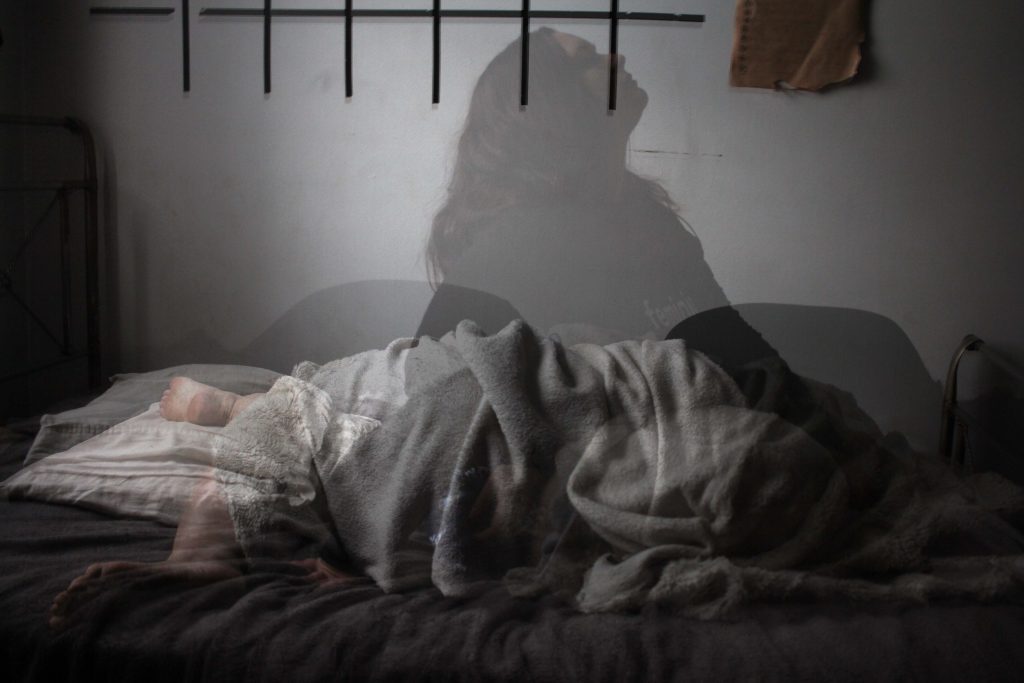
Insomnia is also one of the most common problems amongst women suffering from PCOS. Dr Keya expresses the predicament: “Sleep disturbances include altered sleep duration, delay of sleep onset, difficulty in maintaining sleep or awakening early. Insomnia is defined as impairment in the ability to initiate or maintain sleep, including extended periods of wakefulness during the night. Chronic insomnia disorder is diagnosed when insomnia occurs at least three nights per week and for at least three months.”
Day-time drowsiness
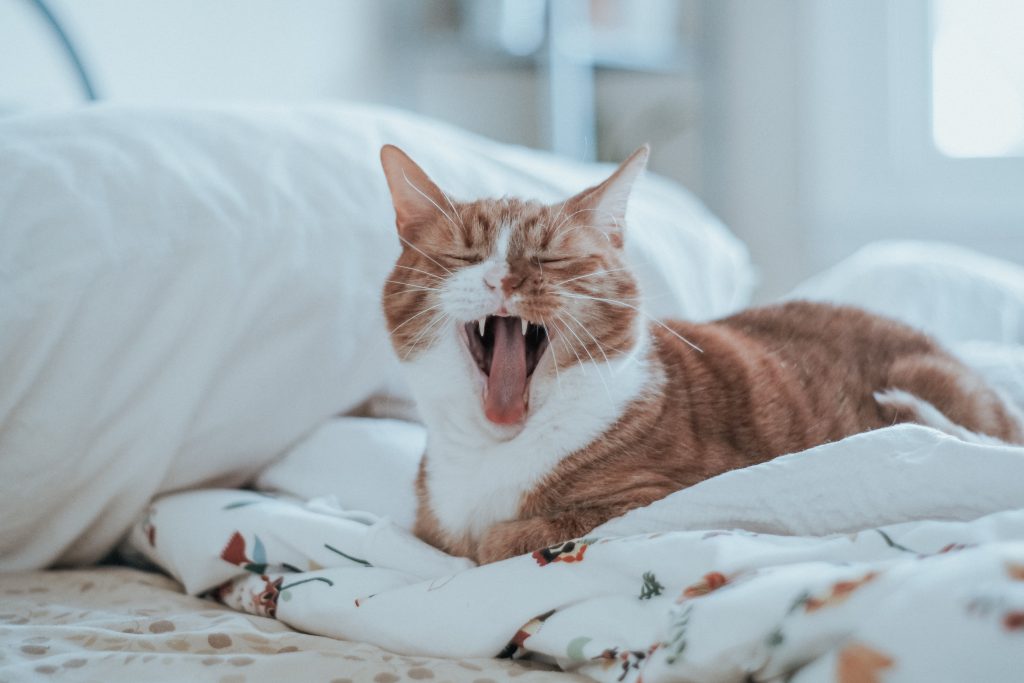
Have you ever experienced that “afternoon slump” right after lunch? This is a case where you may not be eating right. The food you eat at lunch may contribute to spikes in insulin and energy. Here are some of the methods I’ve used to both successfully lose weight & eliminate my PCOS symptoms.
Dr Keya says this is a grave matter of concern. “Sleep disturbances and disorders have repercussions for daytime mood, cognition and psychomotor functioning, which acutely affect well-being and daily activities, and can inhibit performance in roles such as that of parent or employee. Aspects of cognition that appear most affected are attention, executive function and working memory, with significant implications for productivity. Fatigue, attention deficits and psychomotor impairment can affect safety, increasing the risk of workplace and motor vehicle accidents.”
How to treat PCOS and sleep disorders
To get outside this vicious cycle of PCOS, there are a few things you can ensure to get a solid night’s snooze.
Find a routine
As human beings, our minds sure don’t love routine, but our bodies definitely do. We all have an internal body clock that likes to sleep and wake up at a certain time, so by all means, try to stick to a routine day in and day out. Try to eat a light dinner before
Avoid screentime before bed
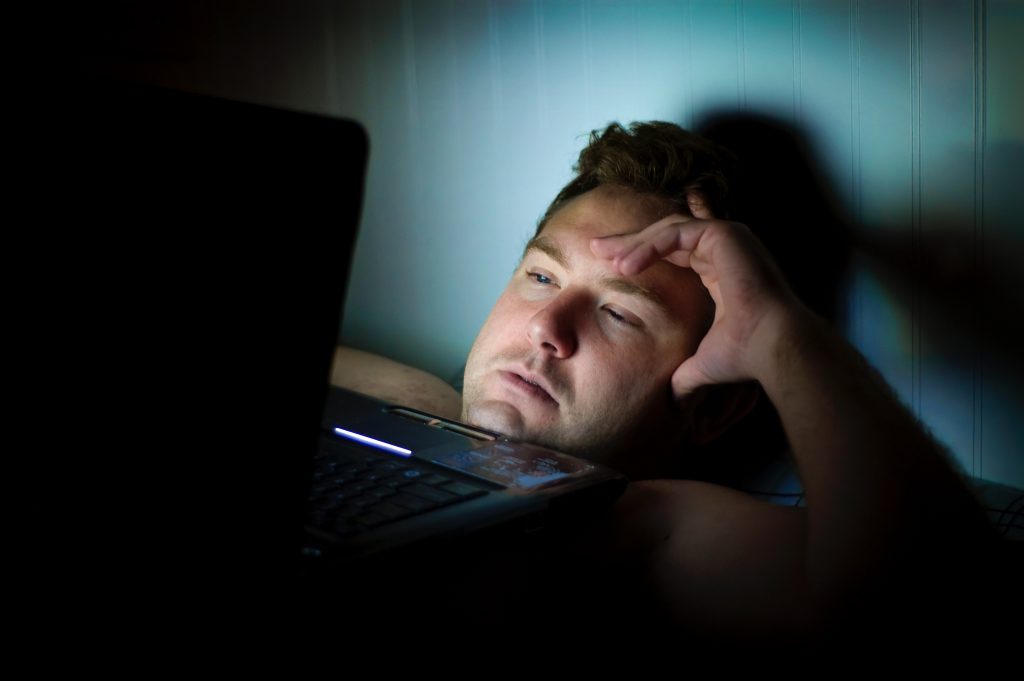
You knew this was coming, didn’t you? No more Netflix/phone/any exposure to blue light an hour before bed as it tampers with your brain, causing it to become more active again. Instead, consider journaling or possible even a warm bath (if it helps you sleep, I’m always active after taking a bath!)
Use dark colors in the bedroom
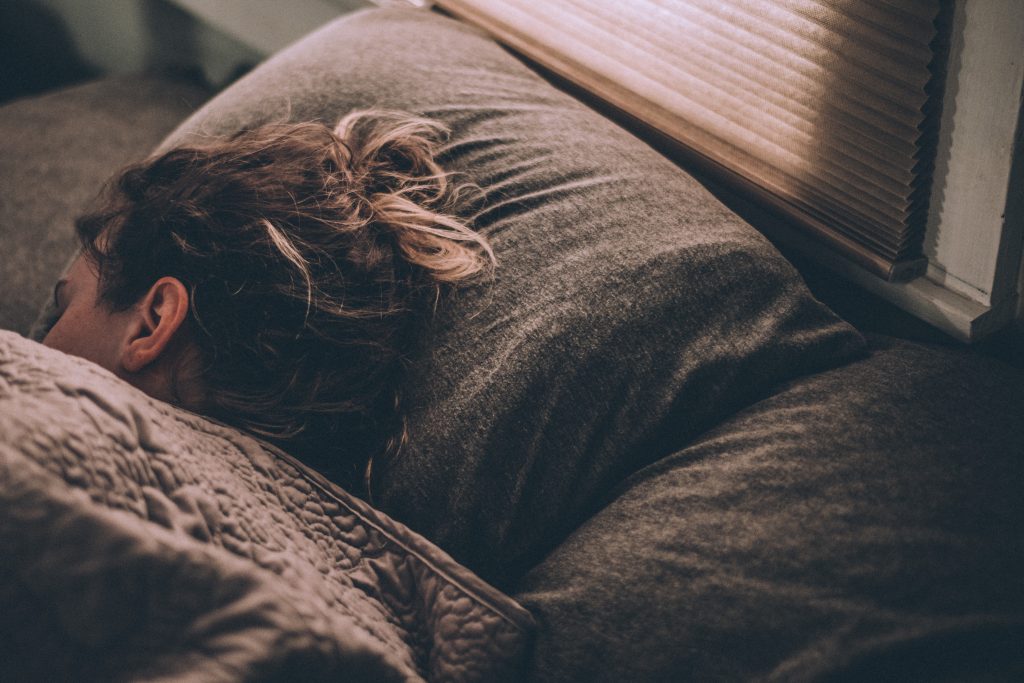
Lighter colours encourage activity, so while choosing the
Sip some chamomile tea

There’s something very calming about chamomile tea that I love. It is caffeine free and let’s you relax before bed.
Stop caffeine in the late afternoons
Some people are more reactive to caffeine than others (I am not one of them). But if you notice that you get jittery, especially after caffeine, perhaps it’s time to cut it down. The effects of caffeine can last as long as 8 hours.
Avoid sugar, alcohol & smoking
Sugar is possibly the worst thing to have. Many women with PCOS have insulin resistance, so staying on a no or low sugar (refined or unrefined) diet is best. Similarly, alcohol & smoking are both popular sleep disruptors.
Exercise!

I cannot stress on how important exercise is for PCOS sufferers. Using HIIT workouts are best, with a combination of weight training and yoga to battle insulin resistance and regulate cortisol levels, both contributors to PCOS symptoms.
Meditation
I have previously shared a lovely free daily meditation podcast called Sip and Om by Mary Meckley that I enjoy. Besides this, I will also share some methods by Stephen Marks, a Yoga, Meditation and Nidra Teacher:
- Child’s pose – This simple pose used often at the end of a yoga practice involves sitting on your knees while they are closed together and bringing your head down. This cocoon-like position is very soothing to the body, giving it a sense of safety and security, thereby promoting sleep.
- Viparita karani – This pose involves raising your legs up against the wall while lying down, thus eliminating fatigue by driving the blood circulation back to your heart & stomach.
- Pranayama – This one is pretty simple, it’s just – breathing! This time, do it through your belly. Rest your left hand on your chest and your right hand on the belly and observe your breath. Count 4 in and 4 out, breathing with your belly.
- Try a Yoga Nidra class – During a Yoga Nidra class, you are guided by a teacher into complete relaxation. The teacher will use techniques to put you in a state of rest, such as visualisation, breathing, music, and more.
I hope you’ve enjoyed my insights on PCOS and sleep disorders! Do let me know if you have any doubts or clarifications below. If you’re interested, I also run a PCOS Support Group on Facebook, where we explore different ways to improve our symptoms.
PIN THIS
Editor’s note: This post was made possible thanks to The Sleep Expo Middle East, which is happening from April 11 to 13, 2019 at the Dubai Festival City Arena. Conference Day 2 (13th April) has expert speakers talking about common consumer sleep issues. A highlight of the event is the Sleep Care Zone, a dedicated area for guests to try services that will aid them in better sleep. There will be free sleep consultations, Yoga-Nidra Classes, foot massages, and more. More information on the show, including exhibitors’ list, conference agenda and speakers, are available at www.sleepexpome.com. The event is free to attend, all you need to is go to the website and register yourself as a visitor, or you can register on site.
